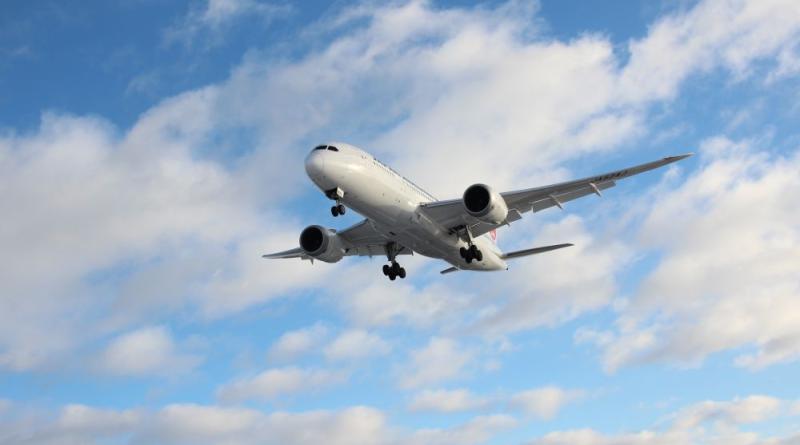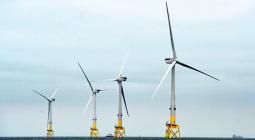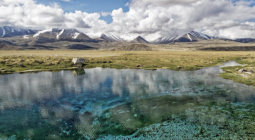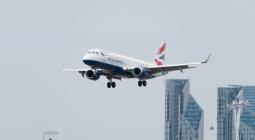Ryanair announces plan to become carbon neutral by 2050

Ryanair has announced its decarbonisation strategy – Pathway to Net Zero, developed to reduce its carbon emissions and the impact of its operations on the environment.
This strategy outlines four core strategic pillars underpinning the airline’s ambitious goal of net carbon zero by 2050:
- 34% decarbonisation through the increased use of sustainable aviation fuels (SAF)
- 32% decarbonisation through technological & operational improvements
- 24% decarbonisation through offsetting & other economic measures
- 10% decarbonisation through the introduction of better Air Traffic Management
With more than 1/3 of its decarbonisation to come from the increased use of SAF, Ryanair is working with the EU and fuel suppliers to accelerate supply of SAF.
As part of this, Ryanair established the Ryanair Sustainable Aviation Research Centre in partnership with Trinity College Dublin. This partnership will deliver research in SAF, Zero Carbon Aircraft Propulsion Systems and Noise Mapping.
Ryanair will continue to invest in new technology, aircraft, as underpinned by its $22bn commitment to purchase 210 Boeing 737-8200 ‘Gamechanger’ aircraft. To date the airline has taken delivery of 55 ‘Gamechanger’ aircraft, which carry 4% more passengers, reduces fuel consumption & CO2 by 16% and lowers noise emissions by 40%.
The final leg of Ryanair’s Pathway to Net Zero will come from a combination of offsetting measures, through carbon capture offset projects and the support of key govt policies and reforms, such as the introduction of the Single European Sky ATM Research (SESAR) initiative.
If successfully introduced by the European Commission, the SESAR would deliver a standardised and more efficient air traffic management process, delivering a significant & immediate 10% reduction in European aviation carbon emissions.
Thomas Fowler, Ryanair’s Director of Sustainability said, “As Europe’s greenest major airline, Ryanair understands that aviation plays a pivotal role in tackling climate change and our Pathway to Net Zero will help us do just that.’
Read the full article here.





